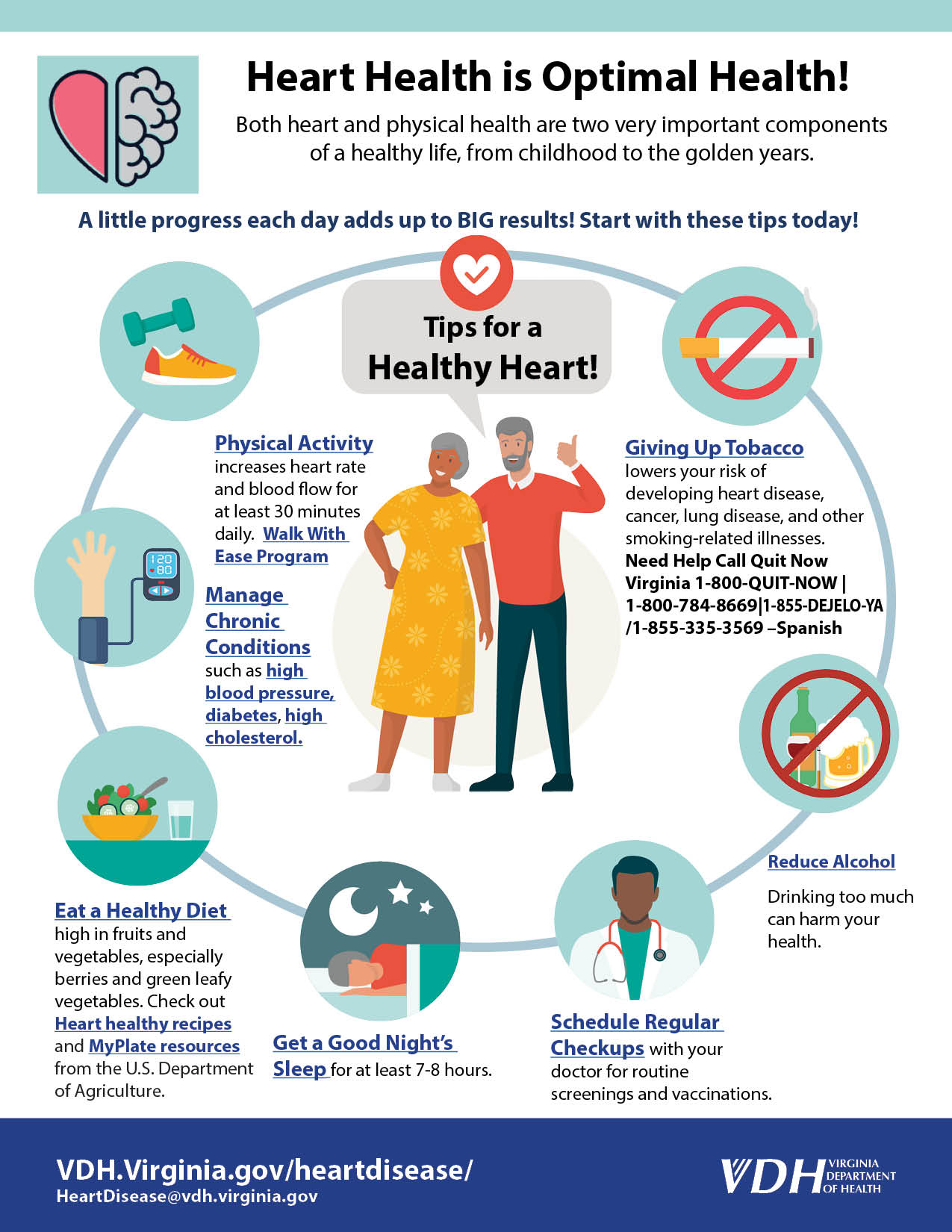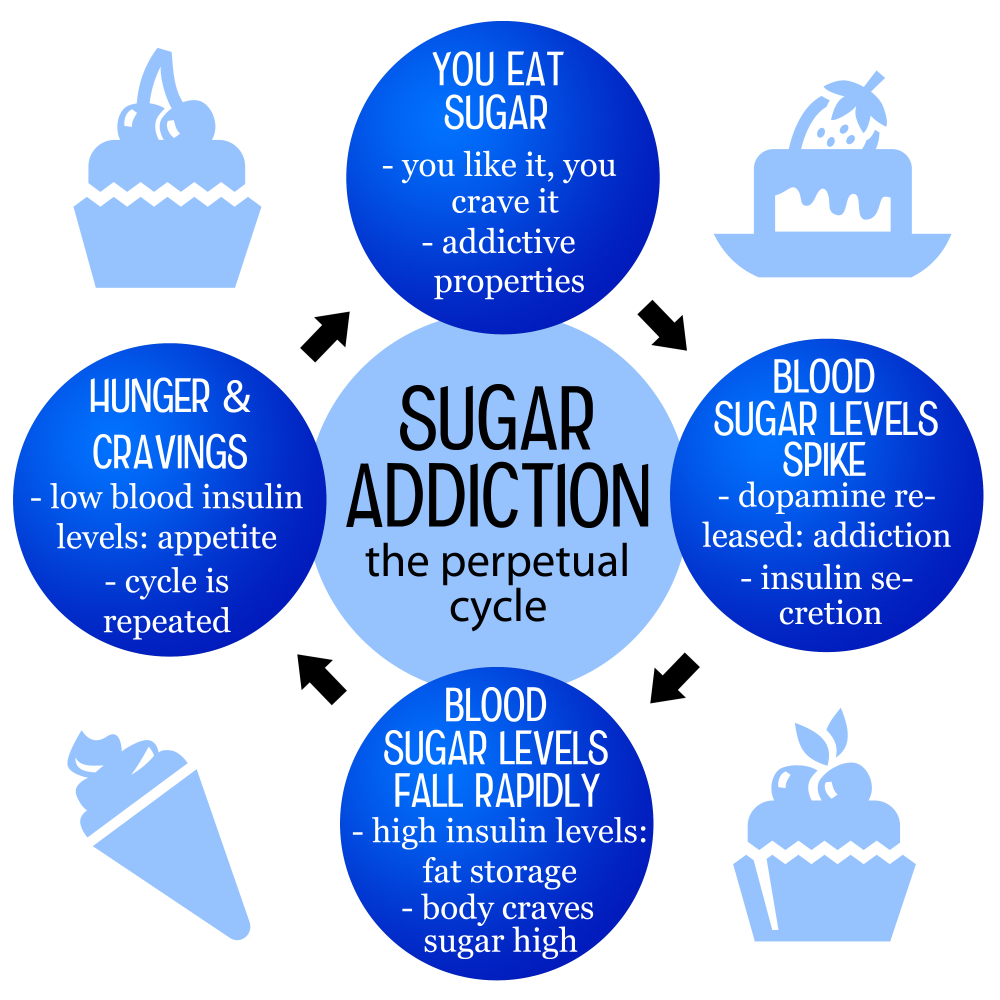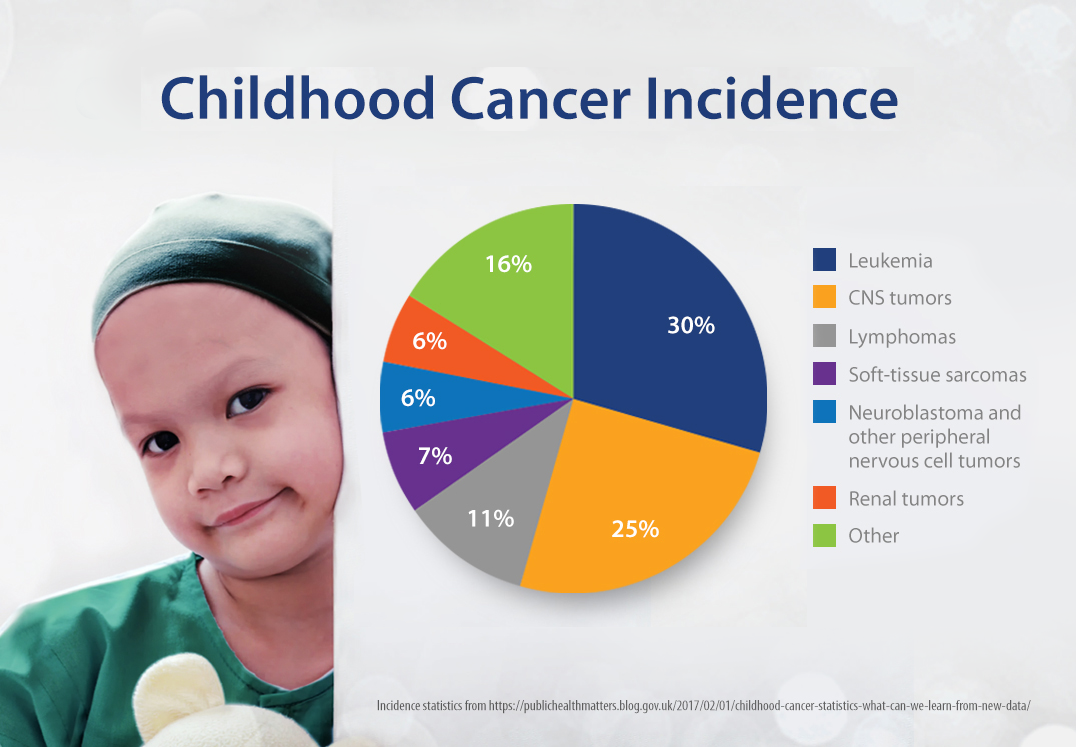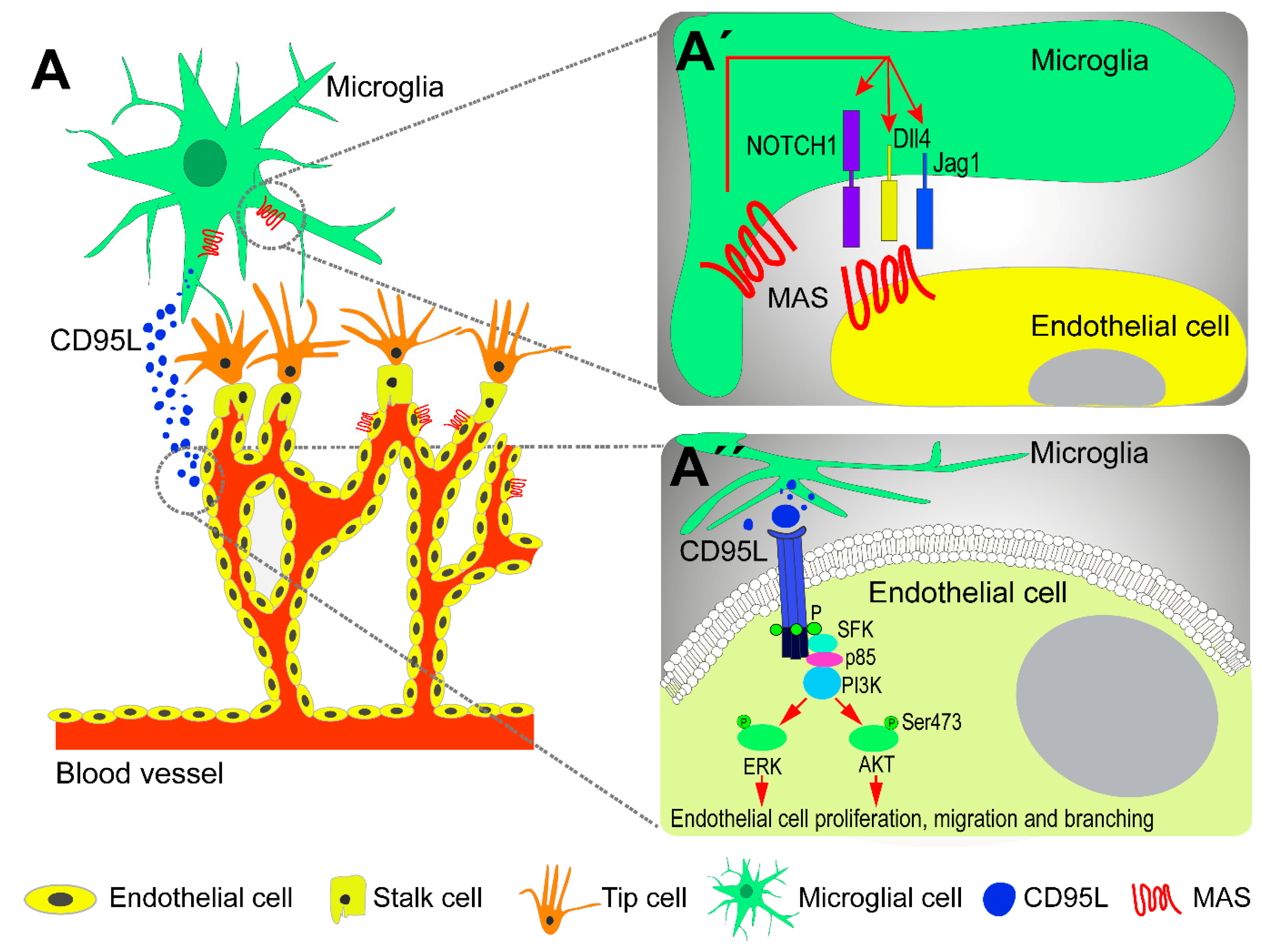Heart disease prevention is a critical focus for improving cardiovascular health, yet many individuals remain complacent about their risks and the steps necessary to mitigate them. Cardiovascular disease continues to be the leading cause of death in the United States, surpassing all forms of cancer combined, making heart disease awareness essential for effective prevention. Engaging in proactive measures, such as cholesterol management and regular exercise, can significantly reduce one’s likelihood of developing heart issues. Experts emphasize that preventing heart disease is not just about reacting to symptoms but involves ongoing education and lifestyle changes. With advancements in cardiothoracic surgery providing new treatment options, understanding the importance of prevention becomes even more vital for maintaining heart health throughout our lives.
The fight against heart disease can be conceptualized as a quest for better cardiovascular wellness, where awareness and proactive measures play a pivotal role. Often referred to as a silent killer, heart disease requires individuals to adopt a forward-thinking approach rather than a reactive one. Key strategies in managing this health threat include effective cholesterol control, regular exercise, and a focus on maintaining overall heart wellness. Educational initiatives aimed at preventing cardiovascular disease must emphasize the importance of early intervention and lifestyle choices, empowering individuals to take charge of their health. As we continue to innovate and improve medical practices, such as minimally invasive cardiothoracic procedures, the goal remains clear: to enhance heart health and reduce the impact of heart disease on our communities.
Understanding Cardiovascular Health Risks
Cardiovascular health is paramount as it lays the foundation for overall wellness and longevity. Understanding the various risks associated with heart disease is essential for effective prevention strategies. Key components include maintaining healthy cholesterol levels, managing blood pressure, and promoting a lifestyle that includes regular physical activity. As many experts emphasize, awareness of these risk factors enables individuals to take charge of their health and initiate preventative measures early.
Additionally, recognizing that cardiovascular disease doesn’t just affect the elderly is important; it can develop over decades. Many adults may not realize the silent progression of heart disease until it’s too late, making regular check-ups and monitoring critical. Encouraging individuals to ‘know their numbers’ regarding cholesterol, blood pressure, and lifestyle habits fosters a proactive rather than reactive approach to heart health.
The Importance of Cholesterol Management
Cholesterol management plays a pivotal role in heart disease prevention. Low-Density Lipoprotein (LDL), often dubbed ‘bad cholesterol’, contributes to the buildup of arterial plaque, which can lead to heart attack or stroke. It is vital for individuals to understand their cholesterol levels and the significance of keeping them within a healthy range. While many may misconstrue the need for cholesterol-lowering medications, healthcare professionals advocate that early initiation can lead to substantial long-term benefits.
Modern strategies for managing cholesterol include lifestyle changes, such as enhanced diet and increased exercise, alongside medication when necessary. Adopting a heart-healthy diet rich in fruits, vegetables, whole grains, and lean proteins can reduce LDL levels significantly. Regular screening and intervention can avert the devastating consequences of unmanaged cholesterol and contribute to better cardiovascular health over time.
Heart Disease Awareness for All Ages
Despite heart disease being America’s leading cause of death, awareness among the general population remains alarmingly low. Many individuals tend to downplay their risk, believing that heart-related issues are a concern only for older adults. This misconception must be rectified; heart disease can develop silently over years, affecting individuals even in their 20s or 30s. Public health campaigns focusing on heart disease awareness are essential to educate people on risk factors and symptoms to look out for, regardless of age.
Early intervention is critical; those who are proactive about their heart health are more likely to engage in preventative measures that can significantly lower their risk. Educational outreach programs aimed at young adults can empower them to make informed choices about diet, exercise, and regular health screenings, thereby fostering a generation that prioritizes cardiovascular wellness.
Preventing Heart Disease through Lifestyle Changes
Preventing heart disease starts with making informed lifestyle choices that promote cardiovascular wellness. Exercise is a cornerstone of heart health, with recommendations suggesting at least 150 minutes of moderate activity per week. Participating in regular physical activities can help maintain a healthy weight, lower blood pressure, and improve cholesterol levels, significantly reducing the risk of heart disease.
Alongside physical activity, a balanced diet plays a crucial role in preventing heart disease. Emphasizing whole foods such as fruits, vegetables, lean proteins, and healthy fats can help maintain optimal cholesterol levels and support heart health. Individuals are encouraged to limit processed foods, which often contain unhealthy fats and high sodium levels, contributing to cardiovascular issues.
Advancements in Cardiothoracic Surgery Techniques
Recent advancements in cardiothoracic surgery have revolutionized the treatment of heart disease, making procedures less invasive and more effective. Techniques such as minimally invasive surgery and endoscopic valve repair allow surgeons to perform complex procedures through smaller incisions. This results in reduced recovery times, less pain, and improved outcomes for patients, making heart disease interventions more accessible.
Moreover, the development of technologies that keep donor hearts beating during transport has dramatically enhanced heart transplant outcomes. Such innovations not only improve patient recovery but also expand the possibilities for transplantation, offering hope to individuals with severe heart conditions and illustrating the importance of ongoing research and innovation in cardiovascular care.
Leveraging Technology for Heart Health
The integration of technology in healthcare has proven invaluable, particularly in the realm of cardiovascular health. Wearable fitness devices and health apps enable individuals to monitor their physical activity, heart rate, and even cholesterol levels in real-time. This accessibility empowers patients to take charge of their heart health proactively and stay informed about their progress.
Furthermore, advancements in artificial intelligence are enhancing patient care through personalized treatment plans. AI can analyze vast amounts of patient data to identify risks and tailor interventions, making the case for using technology not only for treatment but also for effective prevention strategies in heart disease.
Navigating Patient Education and Care
Patient education regarding heart disease management is crucial for effective care. Many patients are often unaware of the importance of adhering to prescribed medications, like statins, for cholesterol management. Regular consultations and follow-up communications can bridge the gap between knowledge and action, reducing the vast under-treatment seen in cardiovascular care.
Innovative approaches like patient navigators are proving effective in supporting individuals as they traverse their healthcare journey. These navigators provide timely reminders for medication refills and assist patients in understanding the reasoning behind their treatments, thereby fostering a more engaged patient population that adheres to prescribed protocols.
Community Outreach for Heart Disease Awareness
Community outreach initiatives are essential for spreading heart disease awareness and promoting prevention strategies. By organizing local events, screenings, and educational workshops about heart health, communities can cultivate a culture of prevention. Engaging the public in discussions about nutrition, exercise, and risk factor management can empower individuals to make healthier choices.
Moreover, collaborations with local health organizations and community leaders can create a greater impact. Establishing partnerships can extend educational reach while providing access to resources such as blood pressure and cholesterol screenings, guiding community members towards proactive health management.
The Role of Physical Fitness in Heart Disease Prevention
Regular physical fitness activities are a critical component of preventing heart disease. Engaging in aerobic exercises, strength training, and flexibility workouts not only improve overall health but also directly benefit heart health. These activities help lower blood pressure, manage weight, and improve overall cardiovascular function, which collectively reduces the risk of heart ailments.
Incorporating exercise into daily routines doesn’t have to be daunting. Simple changes, like walking or biking to work, participating in local sports leagues, or joining fitness classes, can foster social connections while enhancing heart health. Communities and workplaces can play a crucial role in encouraging active lifestyles through supportive environments.
Frequently Asked Questions
What are the most effective strategies for heart disease prevention?
Effective heart disease prevention strategies include maintaining a healthy diet, engaging in regular physical activity, managing cholesterol levels, and monitoring blood pressure. Incorporating fruits, vegetables, whole grains, and lean proteins can enhance cardiovascular health while reducing the risk of heart disease.
How can cholesterol management contribute to heart disease prevention?
Cholesterol management is crucial for heart disease prevention as it helps maintain optimal LDL (bad cholesterol) levels. Lowering LDL cholesterol through diet, exercise, and when necessary, medication can significantly reduce the risk of developing cardiovascular diseases.
Why is heart disease awareness important for prevention?
Heart disease awareness is vital for prevention because it empowers individuals to understand risk factors and take proactive measures. By recognizing symptoms and risk factors, people are more likely to seek timely medical advice and engage in preventive practices.
What lifestyle changes can help in preventing heart disease?
Lifestyle changes that aid in preventing heart disease include quitting smoking, maintaining a healthy weight, incorporating regular physical activity into daily routines, and following a heart-healthy diet, which collectively improve cardiovascular health and reduce risk.
How important is monitoring heart health in preventing heart disease?
Monitoring heart health is essential in preventing heart disease. Regular check-ups to assess blood pressure, cholesterol levels, and other risk factors enable early detection and intervention, which can significantly lower the chances of developing cardiovascular conditions.
What role does cardiothoracic surgery play in heart disease prevention?
Cardiothoracic surgery primarily addresses existing heart conditions but also plays a preventive role through procedures like valve replacements or bypass surgeries, which can alleviate symptoms and reduce the risk of severe cardiovascular complications.
How can advancements in technology improve heart disease prevention?
Advancements in technology, such as wearable fitness devices and AI-driven health monitoring tools, enhance heart disease prevention by providing individuals with real-time health data, encouraging proactive management of heart health through lifestyle changes and timely medical interventions.
What are some common misconceptions about heart disease prevention?
Common misconceptions about heart disease prevention include the belief that it’s mainly an issue for older adults and that symptoms only occur in late stages. In reality, heart disease can develop at any age, and preventive measures should be taken early on.
How does understanding your numbers help in preventing heart disease?
Understanding your numbers, such as blood pressure, cholesterol levels, and body weight, is key for preventing heart disease. It provides insight into your cardiovascular health and helps guide necessary lifestyle changes and medical treatments.
What lifestyle habits can increase the risk of heart disease?
Unhealthy lifestyle habits that can increase the risk of heart disease include smoking, excessive alcohol consumption, poor diet high in saturated fats and sugar, physical inactivity, and chronic stress, all of which negatively affect cardiovascular health.
| Key Point | Details |
|---|---|
| Heart Disease is the Leading Cause of Death | Despite being America’s No. 1 killer, many patients take prevention lightly. |
| Lack of Urgency in Prevention | Patients often delay lifestyle changes and preventive measures until it’s too late. |
| Misconceptions about Cholesterol Treatment | Patients often misunderstand the importance of managing cholesterol levels early. |
| Importance of Healthcare Innovations | Advancements like minimally invasive surgeries and wearable health technology can enhance patient outcomes. |
| Need for Patient Engagement | Patients should actively engage with their healthcare providers and be proactive in managing their heart health. |
Summary
Heart Disease Prevention is crucial for reducing the number of lives lost due to cardiovascular disease, which remains the top cause of death in America. Many patients underestimate the importance of early detection and the impact of lifestyle choices on their heart health. Educating patients about their risk factors and encouraging them to take proactive steps can save lives. Innovative treatments and technologies are available, but they must be complemented by a strong commitment from patients to prioritize their health. When individuals take heart disease prevention seriously and engage with their healthcare providers, together they can combat this leading cause of mortality.




